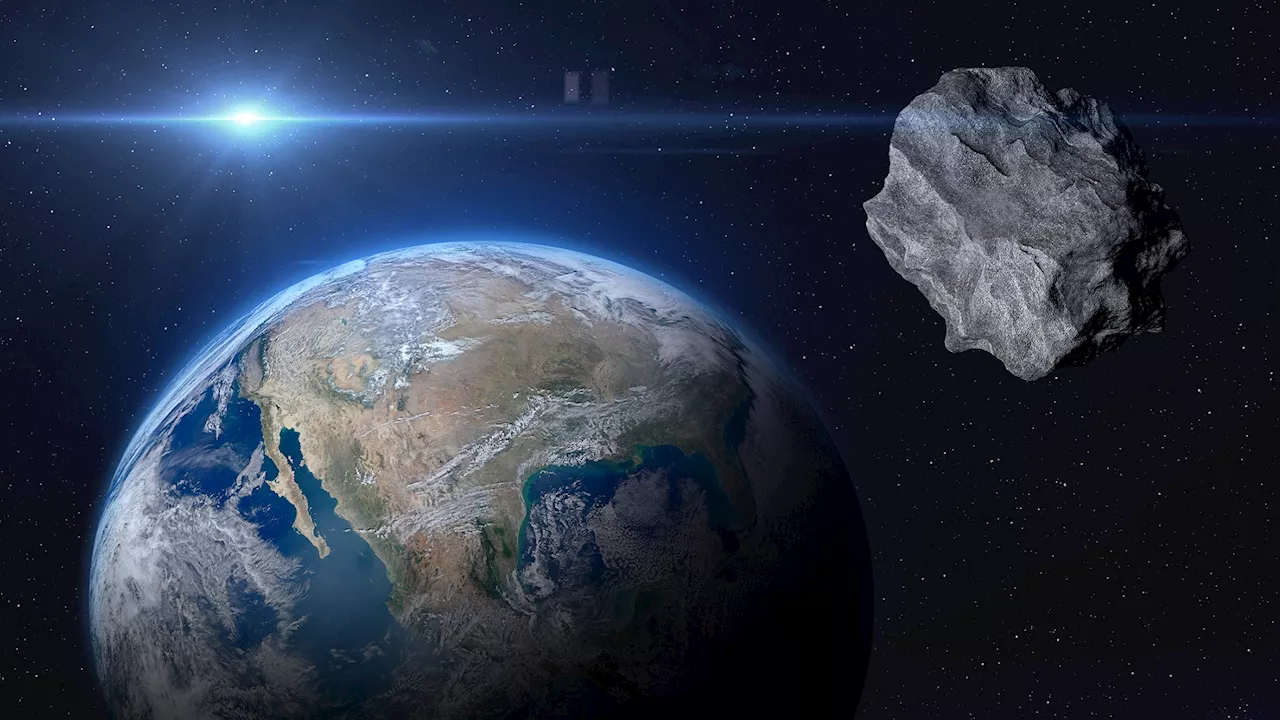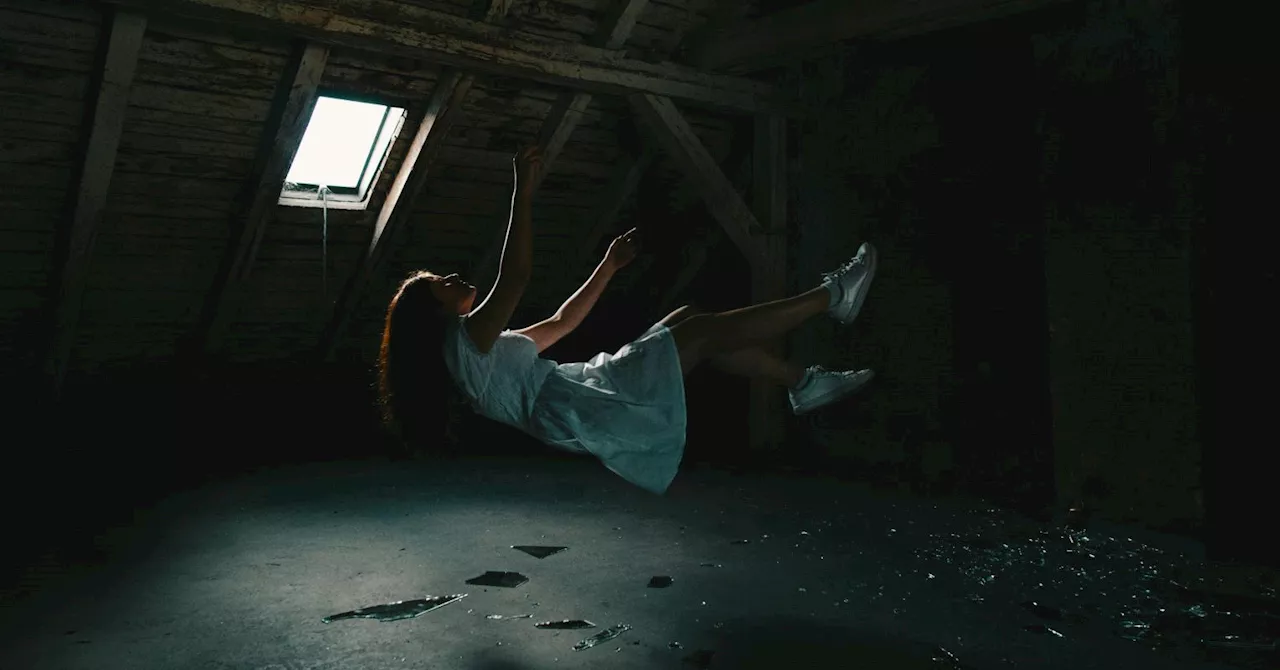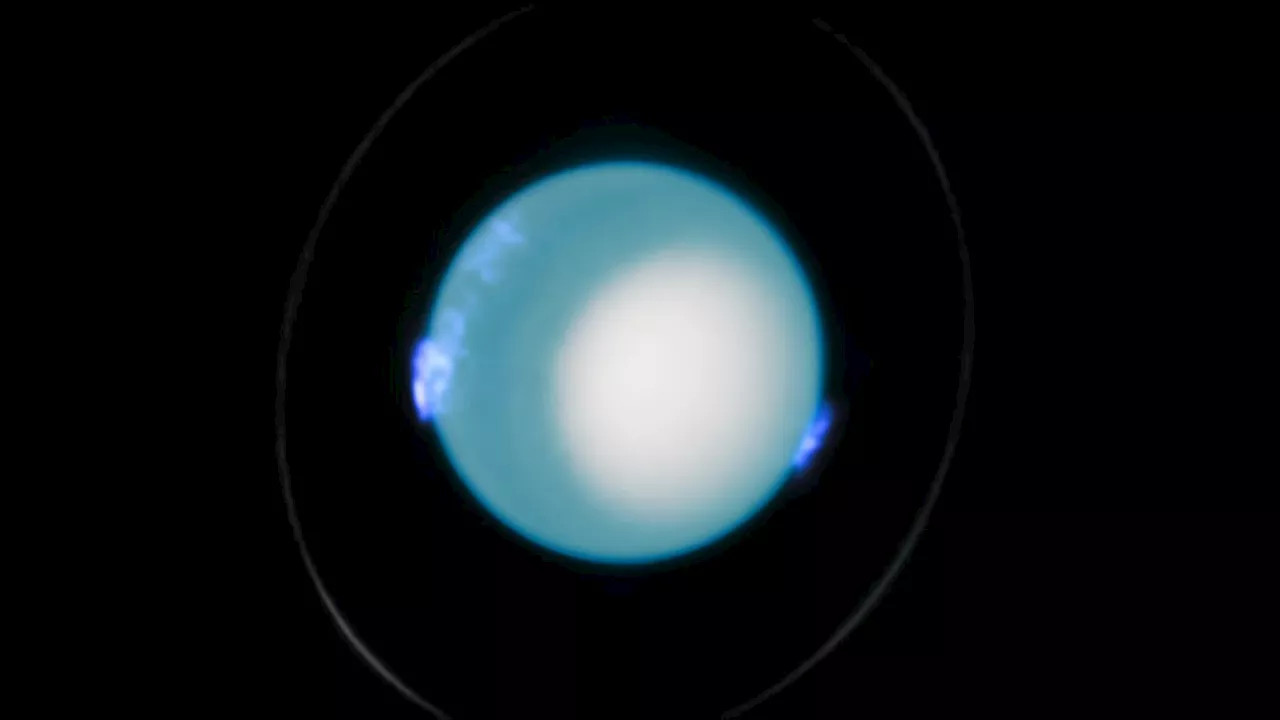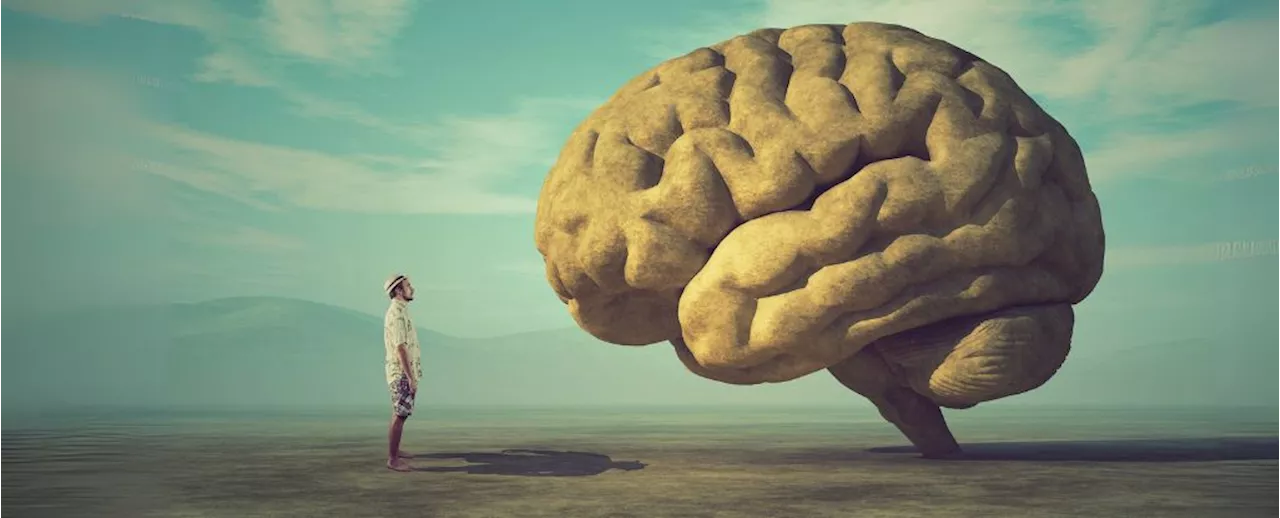The Best in Science News and Amazing Breakthroughs
– the question of how we have a subjective experience of anything at all – it's not too far from the truth.listing 22 theories based in the biology of the brain. In 2024, operating with a less restrictive scope, US public intellectual Robert KuhnWith so many ideas floating around and inherently elusive subject matter, testing theories has been no easy task. Indeed, debate between proponents of different theories has been vigorous and, at times, acrimonious.
Advocates of these two theories, together with a number of unaligned theorists, generated predictions from the two theories about the kinds of brain activity one would expect to be associated with consciousness.The group agreed that integrated information theory predicts conscious perception should be associated with sustained synchronization and activity of signals in a part of the brain called the posterior cortex.
For example, the team failed to find sustained synchronization within the posterior cortex of the kind predicted by integrated information theory. At the same time, global neuronal workspace theory is challenged by the fact that not all contents of consciousness could be decoded from the prefrontal cortex, and by the failure to find neural ignition when the stimulus was first presented.But although this study wasn't a win for either theory, it was a decisive win for science.
United States Latest News, United States Headlines
Similar News:You can also read news stories similar to this one that we have collected from other news sources.
 A thousand stars are fleeing home in a hurry, and scientists don't know whyKeith Cooper is a freelance science journalist and editor in the United Kingdom, and has a degree in physics and astrophysics from the University of Manchester.
A thousand stars are fleeing home in a hurry, and scientists don't know whyKeith Cooper is a freelance science journalist and editor in the United Kingdom, and has a degree in physics and astrophysics from the University of Manchester.
Read more »
 Scientists finally unlock the secret to why carbon-rich asteroids don’t hit earthThe researchers reached the conclusion by studying 7,982 meteoroid trajectories and 540 potential meteorite falls.
Scientists finally unlock the secret to why carbon-rich asteroids don’t hit earthThe researchers reached the conclusion by studying 7,982 meteoroid trajectories and 540 potential meteorite falls.
Read more »
 What we know—and don't know—about autism and trauma.How do autistic people process trauma? Is it different from neurotypical people?
What we know—and don't know—about autism and trauma.How do autistic people process trauma? Is it different from neurotypical people?
Read more »
 Miss Manners: What’s the best way to stop nosy questions about my grandchildren?I have thought about asking why the person wants to know, or why it is important.
Miss Manners: What’s the best way to stop nosy questions about my grandchildren?I have thought about asking why the person wants to know, or why it is important.
Read more »
 Voting blind: Why lawmakers don’t know the cost of bills before they voteAt one of the pivotal moments of the legislative session last year, a critical bit of information went missing.
Voting blind: Why lawmakers don’t know the cost of bills before they voteAt one of the pivotal moments of the legislative session last year, a critical bit of information went missing.
Read more »
 Scientists finally know how long a day on Uranus isSkyler Ware is a freelance science journalist covering chemistry, biology, paleontology and Earth science. She was a 2023 AAAS Mass Media Science and Engineering Fellow at Science News. Her work has also appeared in Science News Explores, ZME Science and Chembites, among others. Skyler has a Ph.D. in chemistry from Caltech.
Scientists finally know how long a day on Uranus isSkyler Ware is a freelance science journalist covering chemistry, biology, paleontology and Earth science. She was a 2023 AAAS Mass Media Science and Engineering Fellow at Science News. Her work has also appeared in Science News Explores, ZME Science and Chembites, among others. Skyler has a Ph.D. in chemistry from Caltech.
Read more »
